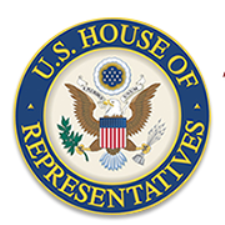On June 28, 2016, the House Select Committee on Benghazi released a re port of its investigation into the attack of September 11, 2012, by Islamic militants on two American diplomatic compounds in Benghazi, Libya, killing U.S. Ambassador J. Christopher Stevens and three other Americans, and killing or wounding many others. The report can be read at the website of the Committee,
port of its investigation into the attack of September 11, 2012, by Islamic militants on two American diplomatic compounds in Benghazi, Libya, killing U.S. Ambassador J. Christopher Stevens and three other Americans, and killing or wounding many others. The report can be read at the website of the Committee,
The attacks were initially reported to be a spontaneous protest triggered by an anti-Muslim video, Innocence of Muslims. It was later determined that the attacks were premeditated. The U.S. State Department was criticized for failing to maintain adequate security at the diplomatic compounds, and a number of investigations followed. Thirteen reports have been issued as the result of investigations, including one by an independent review board. The most recent report’s primary recommendation is that
The Executive Branch should provide for a central planning and coordination mechanism (likely within an existing entity) for interagency threat assessment and tracking for “force protection” of U.S. facilities abroad as well as planning, operations, and response to potential attacks.
- Final Benghazi Report: No ‘Smoking Gun’ Pointing to Clinton, Associated Press, June 28, 2016.
- Benghazi Panel Caps 2-Year Probe: No Bombshell, Faults Administration, CNN Politics, June 28, 2016.